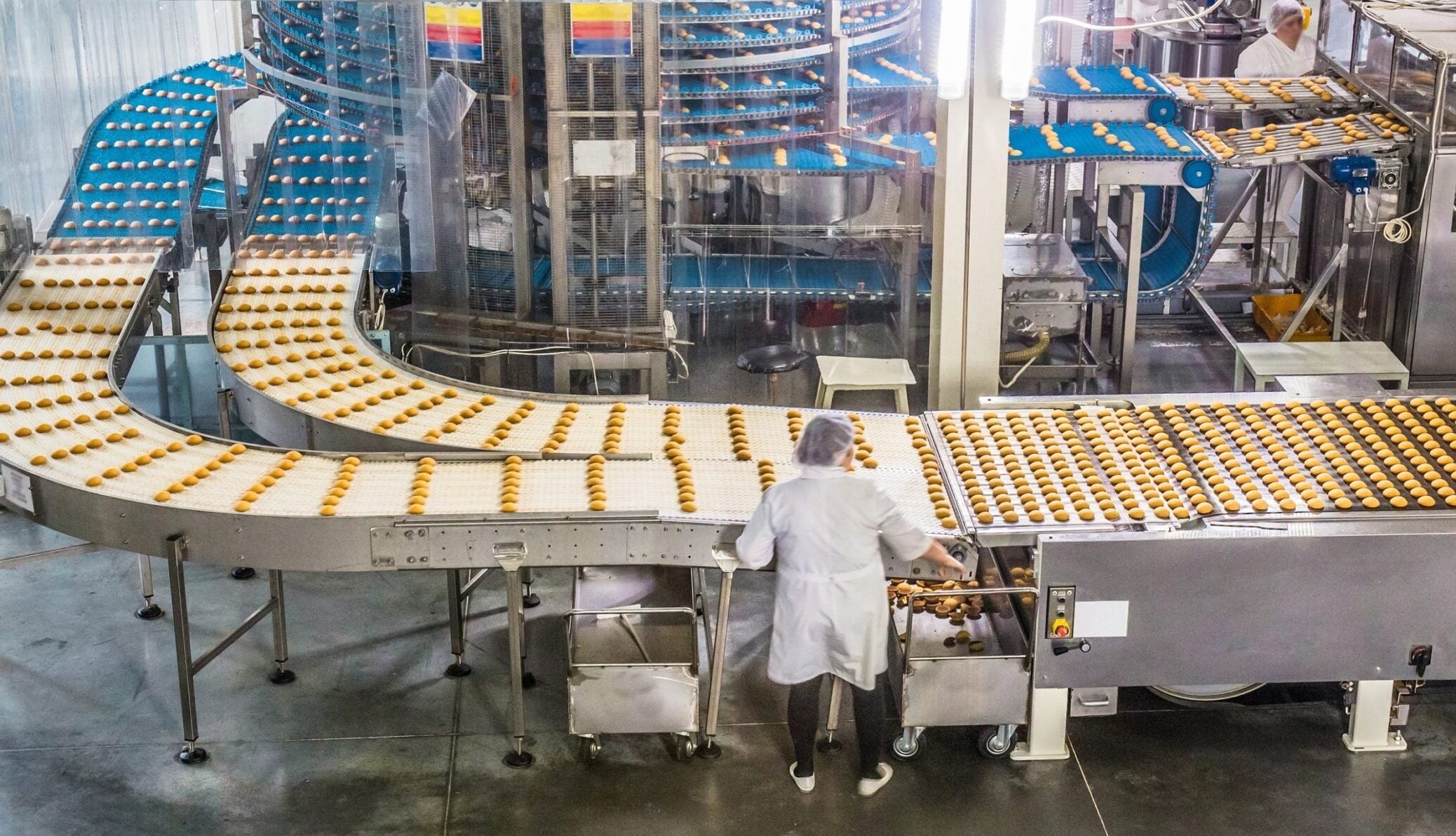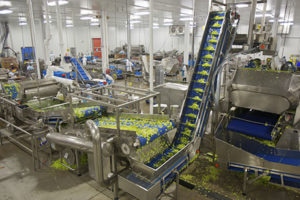In today's conscientious consumer landscape, the demand for morally sourced and also sustainable products has actually risen. Private label food manufacturers have emerged as innovators in this domain, frequently collaborating with agreement food makers to spearhead sustainability and responsible sourcing initiatives. With a resolute dedication to ecological principles, private label brands have actually made it their goal to provide lasting, top quality alternatives to consumers.
Private Label Food Manufacturers

In the last few years, private label food manufacturers, additionally referred to as own brand names or shop brands, have actually witnessed an impressive surge in appeal. These makers create goods offered under the logo of a retail store, grocer, or private entity. What collections private-label products apart is their capacity to offer affordable pricing without endangering on quality.
Agreement Food Manufacturers
Many private-label food suppliers join forces with agreement manufacturers to create their line of product. Contract food producers are professionals in creating food for private labels. This tactical partnership permits exclusive label companies to use the competence, sources, as well as dedicated food production facilities of their collaborators.
Sustainability at the Core
Private label food manufacturers employ various strategies to boost sustainability within their supply networks:
Honest Sourcing:
Personal label business are progressively committed to sourcing ingredients according to honest as well as reasonable trade requirements. This entails guaranteeing that manufacturers as well as employees of raw materials, such as coffee beans, seasonings, or cacao, receive reasonable settlement for their efforts.
Regional Sourcing:
Prioritizing local sourcing of active ingredients is another characteristic of private-label food makers. This not only minimizes the carbon impact related to transport yet likewise sustains local farmers and also neighborhoods.
Organic Ingredients:
With the organic food market growing, private labels are reacting by including organic components right into their product lines. Organic farming techniques prioritize soil health while shunning artificial chemicals as well as fertilizers.

Lasting Fish and shellfish:
Private Label Food Manufacturers are thorough in making sure that the seafood they utilize is sustainably collected, sticking to standards set by companies like the Marine Stewardship Council, which promotes accountable fishing.
Lowered Food Waste:
Exclusive label firms are proactively servicing decreasing food waste by implementing reliable manufacturing processes and creating products with longer life span. Some brand names are also partnering with food private label food manufacturers australia rescue companies to contribute surplus food to those in demand.
Eco-Friendly Product Packaging and Efforts
Sustainability efforts by private-label food manufacturers extend past sourcing components to incorporate product packaging and also environment-friendly efforts:
Sustainable Product packaging:
Private label brands have actually embraced green product packaging choices, including recyclable, biodegradable, or compostable products. Redesigning product packaging to lessen excess material as well as decrease environmental impact is a leading concern.
Waste Decrease:
To lessen wastage, private-label food manufacturers maximize product sizes, reduce excess packaging, as well as discover cutting-edge product packaging solutions. Some brands also motivate consumers to join reusing programs.
Energy Efficiency:
Numerous personal label makers are purchasing more energy-efficient manufacturing plants, minimizing water usage, as well as adopting renewable energy sources to additionally decrease their environmental footprint.
Carbon Neutral Initiatives:
Some personal brand name food manufacturers are taking ambitious actions to achieve carbon neutrality by offsetting their greenhouse gas emissions via reforestation tasks and renewable energy credit histories.
Obstacles and the Road Ahead
Regardless of the significant strides made in sustainability and accountable sourcing, private-label food suppliers deal with difficulties. Stabilizing sustainability with cost-effectiveness can be a delicate act, often needing concessions on sustainable active ingredients or the expedition of eco-friendly options.
Nonetheless, the future of private-label food manufacturing holds wonderful promise. As customer recognition and demand for sustainable items continue to rise, private-label brands and also their agreement food manufacturing companions are likely to intensify their efforts. Cooperation with suppliers as well as investment in lasting technological developments and transparency will certainly be essential fit a sustainable future for the market.
Often Asked Inquiries
Q1: What are private label food manufacturers?
Private label food manufacturers produce products offered under the logo design of a store, grocer, or personal entity. They use competitively priced items without endangering on high quality.
Q2: How do private label food manufacturers promote sustainability?
Private label food manufacturers promote sustainability with honest sourcing, neighborhood active ingredient purchase, making use of organic components, lasting seafood methods, and also initiatives to decrease food waste.
Q3: What environmentally friendly product packaging alternatives do private label brand names utilize?
Exclusive label brands embrace eco-friendly product packaging alternatives such as recyclable, eco-friendly, or compostable materials. They also redesign product packaging to lessen excess material and also minimize ecological influence.
Q4: What tests do private label food manufacturers face in sustainability efforts?
Stabilizing sustainability with cost-effectiveness is a major difficulty for private label food manufacturers. This may call for concessions on sustainable components or the exploration of environmentally friendly choices.
Verdict
Private label food manufacturers are at the leading edge of the sustainability as well as liable sourcing motion within the food industry. Their dedication to moral sourcing, local purchase, natural components, as well as sustainable techniques, in addition to their dedication to eco-friendly product packaging as well as waste decrease campaigns, demonstrate their determination to satisfy the demands these days's eco-conscious customers.
In spite of the obstacles they face, private label food manufacturers are poised for an encouraging future. With customers increasingly focusing on sustainability, the market is likely to witness even better cooperation with vendors, financial investment in sustainable technologies, as well as a commitment to openness. As we move forward, private label food manufacturers will certainly remain to play an important duty fit a more lasting and also honest food landscape for all.